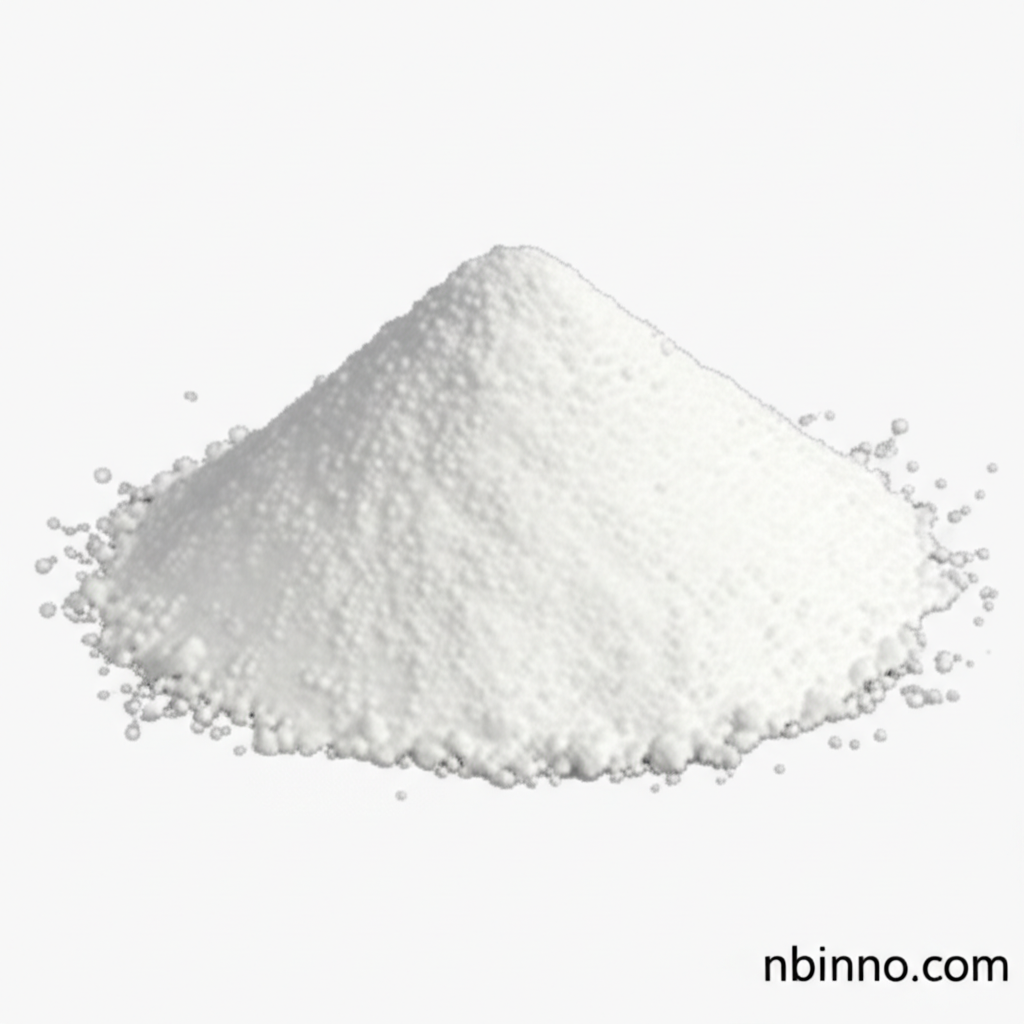Chloroquine Phosphate: A Comprehensive Guide
Explore the multifaceted applications and critical role of Chloroquine Phosphate in pharmaceutical and veterinary sectors.
Get a Quote & SampleProduct Core Value

Chloroquine Phosphate
Chloroquine Phosphate stands as a vital pharmaceutical intermediate, recognized for its significant antimalarial and anti-inflammatory capabilities. Its mechanism of action in combating malaria involves inhibiting the parasitic enzyme heme polymerase, thereby preventing the conversion of toxic heme into a non-toxic form.
- Discover the critical applications of chloroquine phosphate powder cas 50-63-5 in various therapeutic areas.
- Understand the role of chloroquine phosphate as a pharmaceutical intermediate in drug formulation.
- Learn about the veterinary medicine applications of chloroquine phosphate for animal health.
- Explore how chloroquine phosphate is utilized in the treatment of malaria and its associated symptoms.
Key Advantages
Proven Efficacy
Leverage the established antimalarial properties of chloroquine phosphate for effective disease management, a crucial aspect when considering malaria treatment chloroquine phosphate.
Versatile Applications
Benefit from the broad utility of chloroquine phosphate, extending beyond malaria to include treatment for amebiasis and certain rheumatic conditions, supporting its role as a key pharmaceutical intermediate.
Therapeutic Safety Profile
With careful medical supervision, chloroquine phosphate has demonstrated a profile that can be considered safe for use during pregnancy for specific indications.
Key Applications
Malaria Treatment
Chloroquine phosphate is a cornerstone in the historical and ongoing treatment of malaria, a significant contribution to global health efforts.
Amebiasis Treatment
Its efficacy extends to treating extraintestinal amebiasis, showcasing its broad-spectrum antiparasitic capabilities.
Rheumatic Diseases
Chloroquine phosphate is also employed for its anti-inflammatory effects in managing certain rheumatic conditions.
Veterinary Medicine
Utilized in veterinary medicine, it aids in the treatment of various parasitic infections in animals, reflecting its diverse pharmaceutical intermediate role.
